 Werken met en zonder Wikileaks
Werken met en zonder Wikileaks
Veel aandacht tijdens de workshops op de GIJC 2011 voor Wikileaks. Een panel van journalisten vertelde over hun ervaringen in het werken met de klokkenluiderssite en met Julian Assange in het bijzonder. Heeft Wikileaks iets veranderd bij het vinden van bronnen en in de positie van klokkenluiders? En waarom kregen vroeg of laat de meeste media problemen met de illustere voorman van Wikileaks? Enkele citaten.
Bijdrage: Margo Smit
Heather Brooke (freelancer, schreef ‘The Revolution will be digitized’, onder andere over Wikileaks) over het vinden van bronnen:
“When I find sources these days, I still do it the old fashioned way, and so do sources: people decide whether you are trustworthy or not. I got leaked a copy of the cables through an ex-Wikileaker, just by hanging out with hackers, by going to the coffee place this person went to and by getting to know this person.”
“I find it hard to reconcile my professional attitude with those of hackers. They seem to have a special relationship with truth. They seemed to think that if you just put out documents, people will understand, use them and shed there shackles and see the light. The hackers had no concept of vetting information and giving context, while still that is what people need to shed their shackles. So that is why I am very careful working with them.”
David Leigh (The Guardian) over Wikileaks-achtige manieren om informatie te lekken:
“What did Wikileaks mean to new sources wanting to come out? There will not be another Bradley Manning anytime, this was a one off. If I were a Bradley Manning today, I would say: look at what happened to the source? He ended up in jail. Not because of a leak in the technology, but because of people not keeping their mouths shut.
I am surprised by Annie Machons enthusiasm for anonymous drop boxes and her inclination to use one if she were to blow the whistle again. There is no way for me as a journalist to judge an anonymous drop box and what is in it. I would have to meet this source before I would throw the weight of my paper behind a story. I would like to get to know the source. So that is still the future: get a relationship with a source.”
“One sensible thing Assange did though was to distribute the material to a lot of countries and papers, for no one paper can handle the amount of material he had. Also, there is no sense in publishing Wikileaks stories for the next six years for one medium, for people will grow weary to the stories. We have to cooperate to keep it interesting.”
Leigh, Per Anders Johansen (van de Noorse krant Aftenposten die de cables langs een andere weg verkreeg) en Brooke over het werken met Assange:
Leigh: “
“Assange, the high priest of leaking, didn’t want us to make certain things public, like the facts behind what he was allegedly have done to two woman that made them file charges.
Johansen:
“But I wish people would rather read the cables than the books you guys wrote about the alleged misconduct of Assange.”
Brooke:
“Don’t mistake the man with the cause. I have no problem with Wikileaks. But if you are to campaign for these principles of transparency, then you have to be the example of it yourself. And that was not the case here. I didn’t want to fictionalise a hero, he is a fallible human being, like the rest of us. The cause is one thing, we can unify around that, but the man is a different thing.”
Leigh:
“A source to me is a confidential source, protection of a source is protecting the confidentiality of the source. In that sense Wikileaks and Assange were never a source in my journalistic sense. They were a publisher, they came openly to us, and we published together and we credited them for publishing. But Assange should not expect to be treated like a journalistic source, for he didn’t need nor want the confidentiality.”
Heather Brooke, op de vraag of Wikileaks als bron nog bruikbaar is:
“ Is Wikileaks dead as a source? As they are currently structured yes, they lost their credibility; they will have to go through a revolution. But the material is not dead, there may still be stories in there. But leaks still need to be turned into a narrative by the traditional media for ordinary people to make sense of it. So we have our work cut out for us.”





